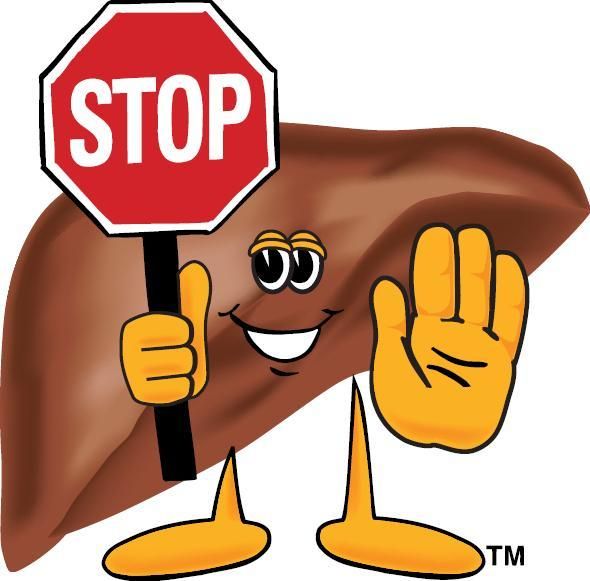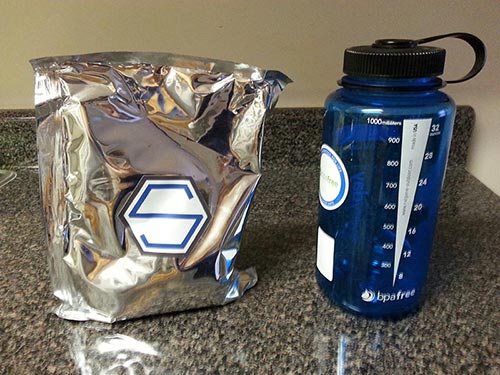This stuff is above my paygrade so excuse me if I simplify things AFAIK them – I’ll try not to make shit up.
Are fatty acids and glycerol released from the adipose cell separately, or combined as triglycerides?
Triglycerides must be broken apart before entering/exiting adipose (too big to cross the cell membrane basically), so it is all basically “released” separately. Once it hits the liver a glycerol backbone can form the basis of a triglyceride.
What hormone triggers this release? Is it just a lack of insulin in the blood?
It’s difficult to say a single hormone triggers this, FFA release/esterification/blah happens constantly however it can be blunted somewhat or even accelerated, but the closest one to be able to be referred to as a “trigger” as such is glucagon. In layman’s terms it’s known as the opposite to insulin, and by those with the knowledge and money in the bodybuilding world, it can be used as a spot fat loss injection – much the same as insulin can cause fat accumulation in specific areas. Dangerous territory though.
If the fatty acids and glycerol are released independently, what proportion are they released in, and what determines this?
Can’t give much on this, but I’m to understand the glycerol component is very minor. May be wrong as I’m only going on the intermediate structure of a triglyceride which is a glycerol thingy which connects three fatty acids together, and so it is my assumption that when triglyceride is broken down and released from adipose that it would be roughly 1:15 ratio if going on moleculey things, as a glycerol is very simple compared to a fatty acid chain.
If they are released in the form of triglycerides, must the pancreas then produce glucagon in response to low levels of insulin in the blood in order to break the triglycerides down into their component parts?
As mentioned, they are not released as triglycerides, they are broken down first, triglycerides may then be produced in the liver. I’m not sure of the role of glucagon from there, or whether it’s even relevant.
Why do some people have high levels of blood triglycerides, and why is this dangerous?
Too many confounders to give a reason. But firstly – define “high” levels. AFAIK elevated trigs don’t cause anything, they are simply a biomarker with a moderate relative risk correlation for various diseases. I’ve never heard of anyone dying of high triglycerides.
If burning stored body fat releases ketones immediately available for energy…
It doesn’t quite work like that, you are always burning stored body fat, it’s always going into and out of adipose stores, and most of what you eat today won’t be burned for hours/days/weeks, so it’s all technically body fat. It’s more glycogen/blood glucose reserves that determine ketogenesis.
what is the motivation for consuming dietary fat at all if you are aiming to lose weight? If someone is very obese, could they just eat adequate protein and nothing else until they reached a healthy weight (ignoring vitamin & mineral requirements)?
This is called a protein sparing modified fast and as pretty well known to be THE most effective method of rapid fat loss. However it’s an absolutely miserable existence because you are never sated, you are simply taking in enough protein and nutrients to survive without losing significant lean body mass, all your energy requirements are coming from your adipose. Lyle McDonald (author of The Ketogenic Diet) wrote a book dedicated to this called The Rapid Fat Loss Handbook, but people have enough trouble doing keto, a PSMF is like concentration camp keto.
Hope that sorta helps and that I didn’t introduce more misinformation than necessary.







